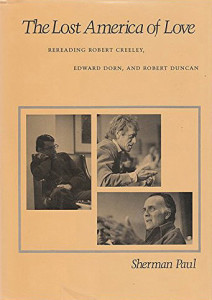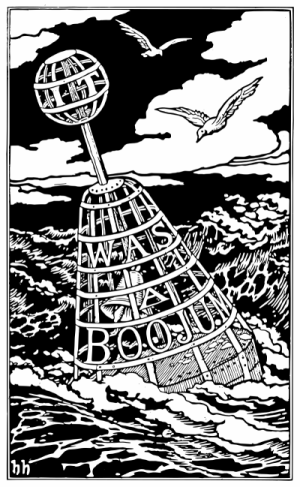The recent unfriendly publication of my email exchange with Nathaniel Mackey, along with fragments of a Facebook thread that I had removed—both without permission, as is customary and a sign of respect among authors and publishers—demands some comment and explanation. I have asked that the material be taken down, as it is framed as an act of theft, intended to humiliate, and circulated to recreate the adversarial dynamics of the “poetry wars” of the 1980s. As such it is an extension of what I have called “The Duncan Thing” and have written about previously here.
Perhaps the best way to respond is to change the framework of this discussion, since the material is out there, and attempt to reframe it from my own perspective. Readers may read what I wrote differently in a context that does not evoke literary theft or online flaming. I have had a long-term, friendly, and collegial relationship with Mackey, and have seen and interacted with him many times over several decades—and have often done things that support his work in ways great or small. I will begin, then, with an email I sent to Mackey on March 30, 2017, asking if would be interested in being part of a panel on “Generation and the Arts of the Present” at the ASAP conference in Oakland that fall. … More













